In 1945 the Anglican Benedictine monk, Dom Gregory Dix, wrote and published The Shape of the Liturgy, which quickly became one of the most influential explorations into the liturgy of the Early Church; and which, in the course of time, significantly shaped our liturgies as found in the 1979 edition of The Book of Common Prayer. The following quote is the heart of his thesis: “It (the Eucharist) has four momenta only – Offertory, Thanksgiving Prayer (Canon, Anaphora), Fraction, Communion – and nothing else. It thus reproduces exactly the ‘took bread – gave thanks – brake – gave’ of the Gospels.” And Dix’s research essentially supports that these four actions are found quite consistently in the historical record of the Early Church liturgies. Needless to say, scholarly debate ensued, and Dix’s work was criticized for lacking some historical accuracy. But those who defended him also saw, like Dix, the offertory as representing the bringing the world into the eucharistic action, a view significant shared by the traditional Eastern Orthodox perspective of the offertory. In other words, in a very real sense the bringing of the bread, wine, and our “gifts” to the Altar as a liturgical eucharistic action can be viewed as an act of stewardship; the brining of our time, talent, and treasure to God to be offered and sanctified as part of the divine mysteries of the eucharist.
All too often, and unfortunately, stewardship is seen as something that occurs in the life of a parish in late October and early November when pledges are solicited from the parishioners in order to flesh out the parish budget for the coming year. In reality, however, stewardship is a yearlong, actually lifetime, spiritual ascetic and discipline. It began in the Garden of Eden (Genesis 2:15) “The Lord God took the man and put him in the garden of Eden to till it and keep it.” Jesus taught often about money: sixteen of the thirty-eight parables are about how to handle money and possessions. For example, from the Gospel according to St. Luke (14:28): “For which of you, intending to build a tower, does not first sit down and estimate the cost, to see whether he has enough to complete it?” In the Gospels alone there are an amazing 288 verses dealing directly with money. And in 1st. Corinthians, St. Paul writes an entire chapter about the spiritual gifts we are given for building up the Body of Christ, the Church (12:4-6): “Now there are varieties of gifts, but the same Spirit; and there are varieties of services, but the same Lord; and there are varieties of activities, but it is the same God who activates all of them in everyone.”
New Horizons, Meals of Hope, Altar Guild, OSL, ECW, Penny Wise Thrift Shop, Harvest Time Ministries, ushering, acolyting are among the many acts of stewardship that constitute our offering to the Lord. So, in addition to one’s annual pledge or tithe there are numerous opportunities to exercise stewardship through the offering of time and the gifts of the Holy Spirit with which we are endowed for building up the Body of Christ, the Church, and more specifically St. Mary’s parish. This is, of course, meaningful, and important corporately, but it is perhaps even more so individually as we fully embrace the spiritual discipline of stewardship; tilling and enriching the metaphorical soil where we are planted; counting the cost; growing in faith; seeing the offertory of our liturgy as our bringing the world to the Altar for redemption through our stewardship.

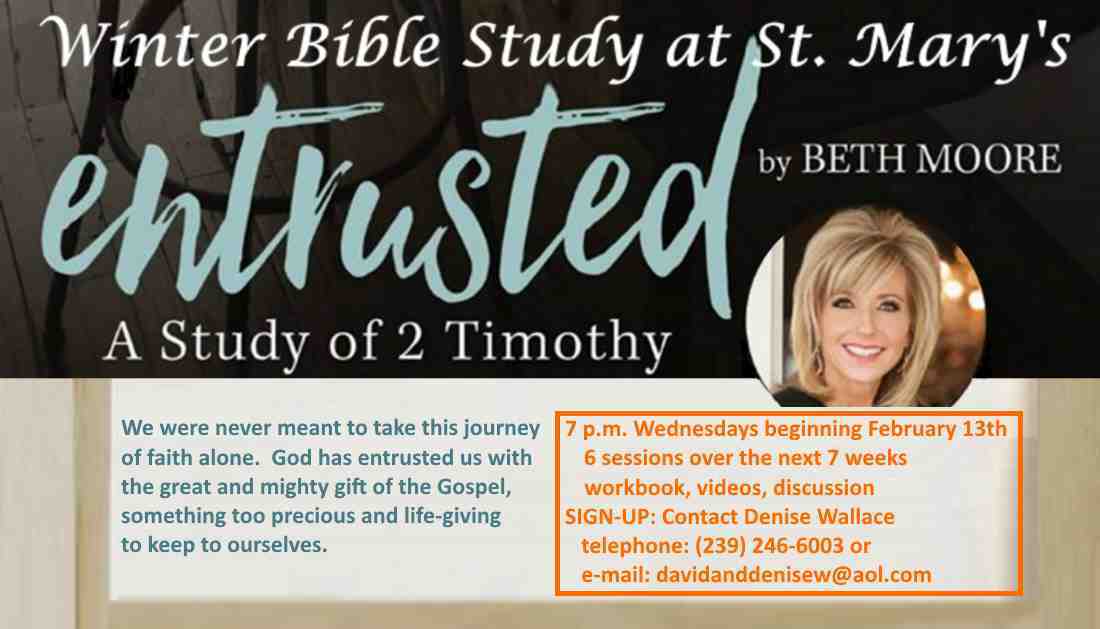
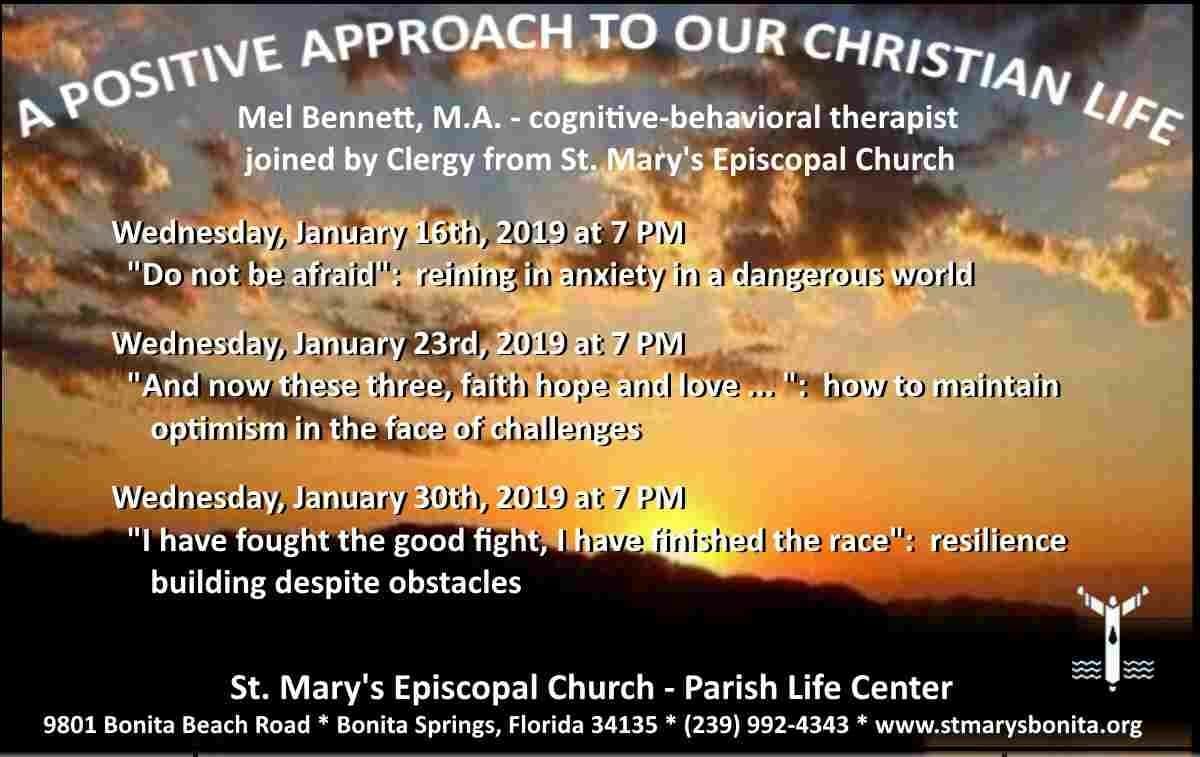
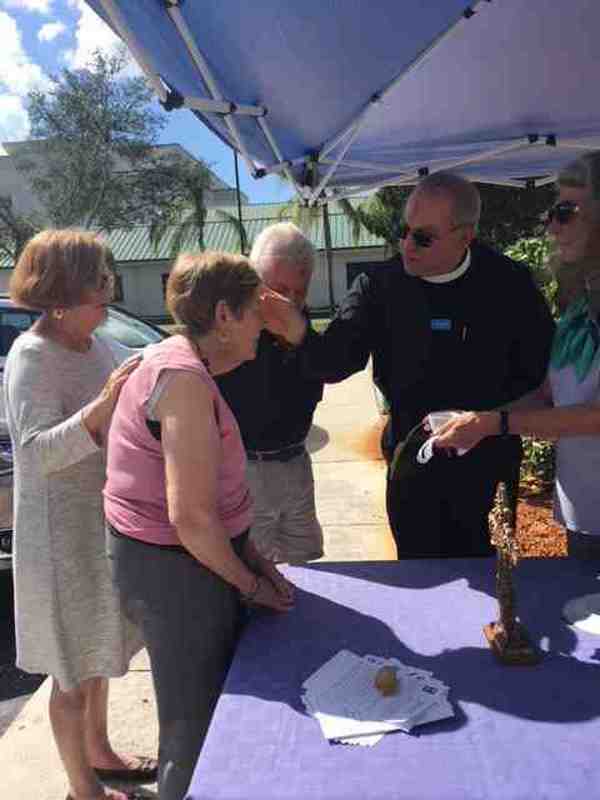
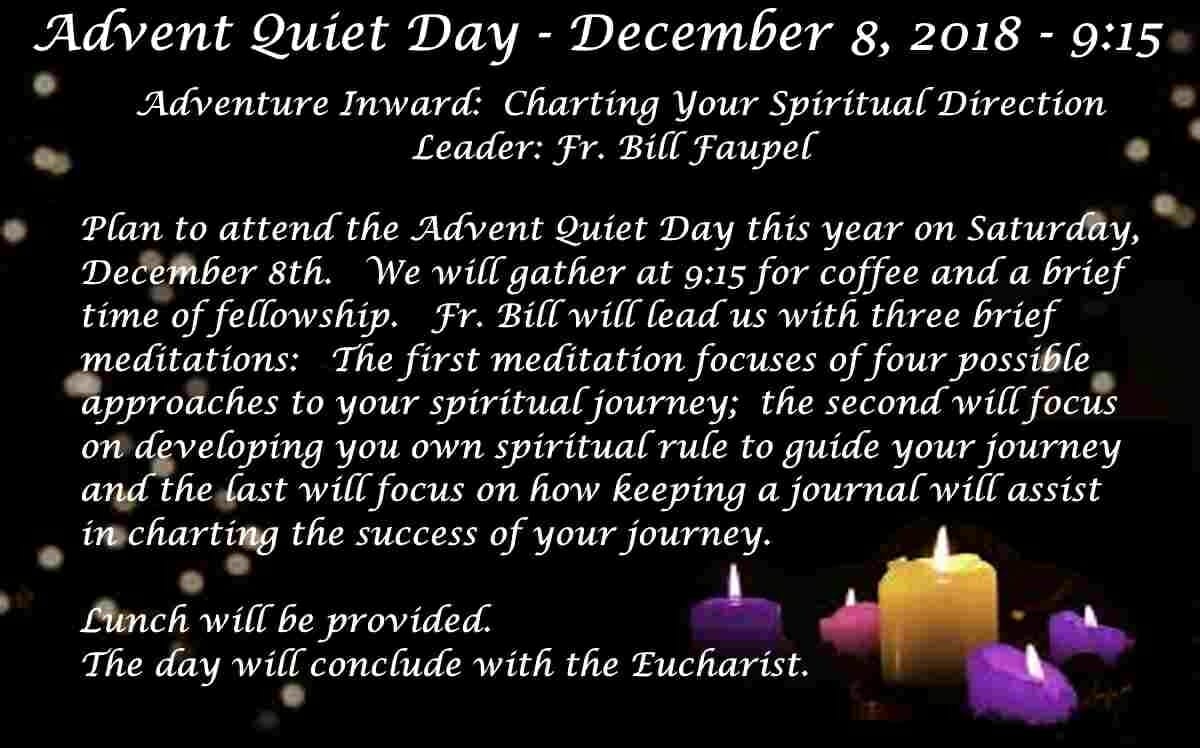
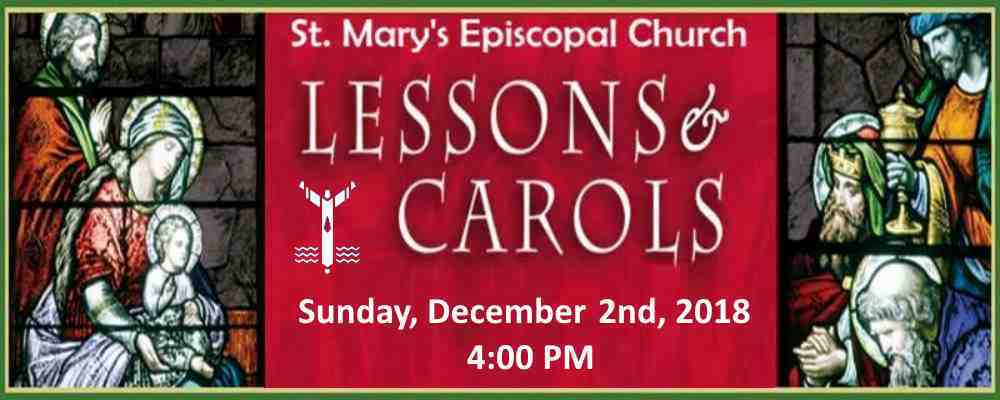
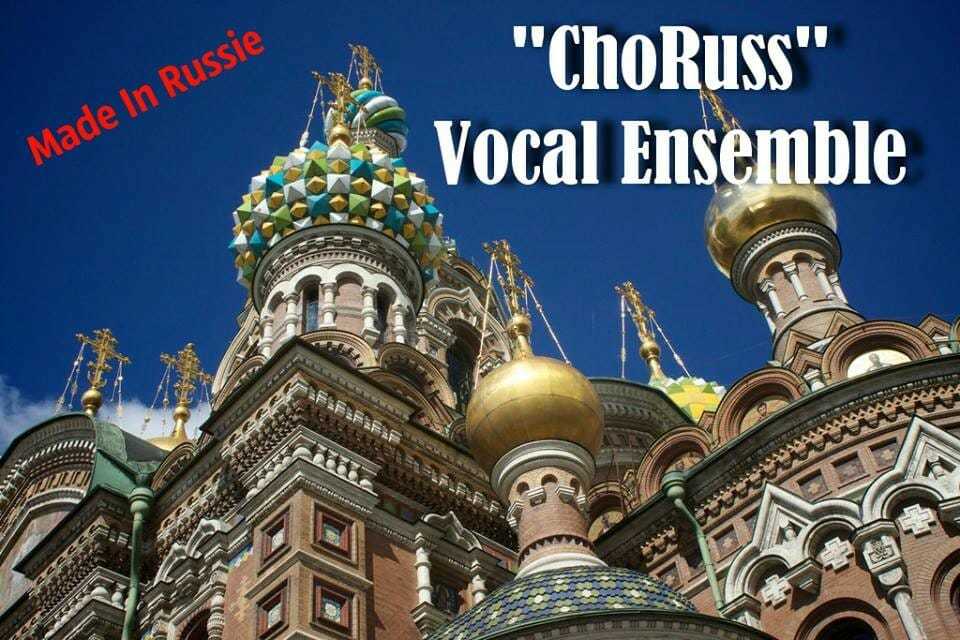
Leave A Comment